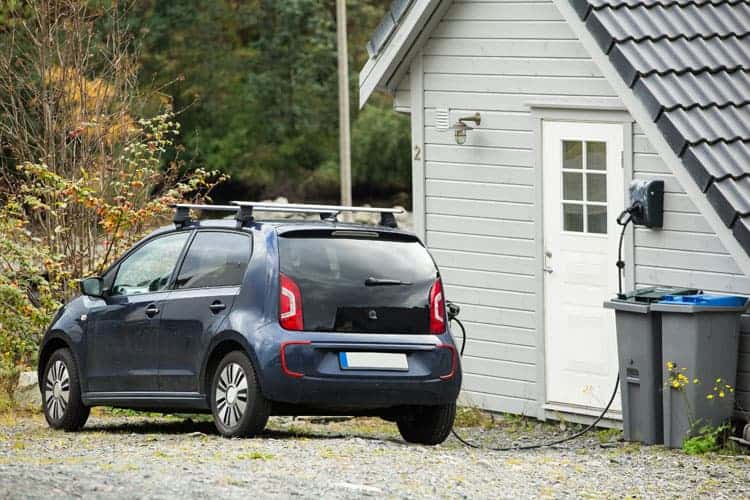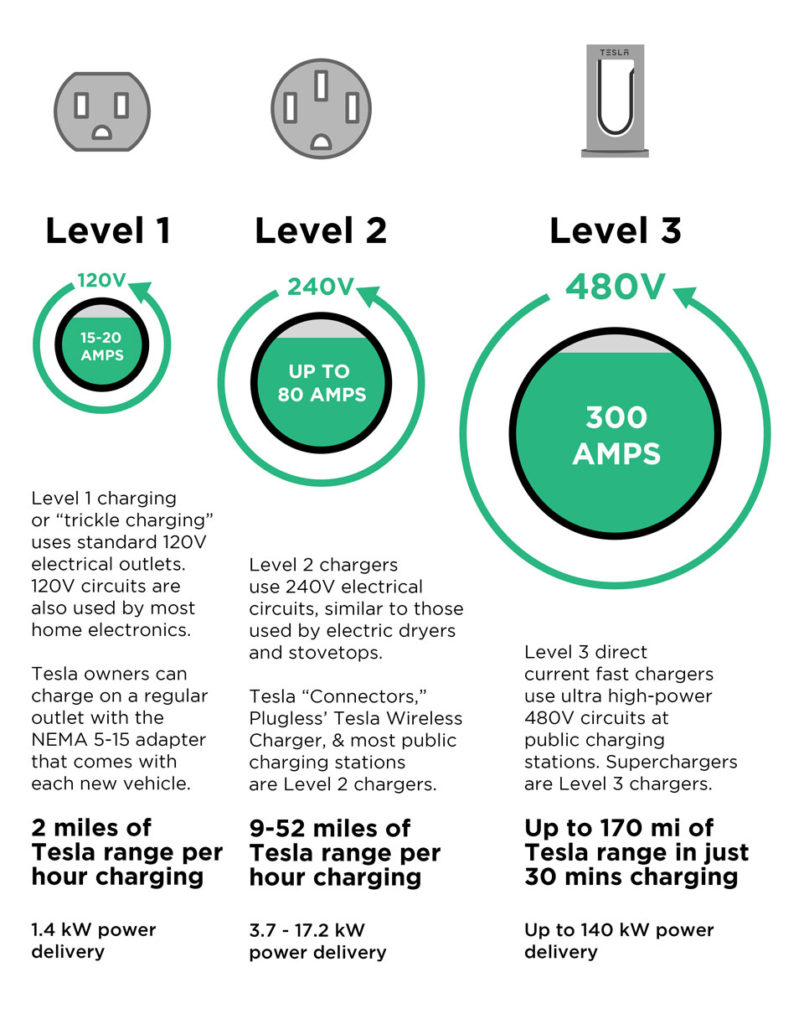Table of Content
At the time of writing, petrol was sitting at an average price of £169.8p in autumn 2022 – meaning you’re looking at a bill of more than £90 to fill the Sportage’s tank from empty. The capacity of an EV’s battery is typically expressed in kilowatt hours – the same metric used to measure your home’s energy consumption. The grant is capped at £350 and open to electric car owners with access to off-street parking. If you’re looking at £800 for installing an EV home charger, the grant will take the cost down to around £450.
‘Pod Point’ is one of the largest providers of charging stations to businesses across the country, with over 3,000 charging stations already in place. They have contracts with the likes of Tesco, Sainsburys, McDonalds and much more. These companies pay for the cost of the charging station and the cost of the power as they know that these free charging stations will attract electric vehicle owners to their business. Here, it is easy to see how electric cars are much more cost effective than those vehicles that drive on petrol.
Cars & travel
Newer Tesla owners, who bought their vehicle after January 1st 2017, may only receive a set number of free hours of charge. Because of all these factors, there is no concrete cost for charging your EV at home. However, the average cost is estimated at around $5.59 in total within the US. This figure is subject to change over time and will likely increase as inflation rates continue to rise. Find out here, and see which Tesla charges fastest, is the most efficient, has the lowest price, & more.

The prices will be shown in a kilowatt / hour or per kWh fashion, as they always are when it comes to any kind of electricity usage. How much charging costs will depend on the amount of charging you do, the type of charger you have and also how much you use public charging. Charging your electric car at home is the main charging option for most EV owners. It's important to be on the best home energy tariff to keep this cost as low as possible because the cost of charging will be included in your normal electricity bill.
How much does it cost to charge an electric car? Running costs explained
Its app and website has mapped over 95% of the available chargers in the UK (no one has 100%). As you can see from our figures, how much power an electric car uses is largely influenced by its weight and size. But, like their combustion counterparts, some electric cars are much more frugal with their battery power than others.
BP charges members just £7.85 a month for access to their charging infrastructure and new members get their first 3 months completely free. In 2011, the average annual mileage per car was 7,473 miles, which slowly decreased until 2019 when it was recorded to be 7,090. The email added that Tesla shall not be liable in the event that delivery of the vehicle, for whatever reason, cannot happen before December 31, at the end of this year.
Cost of Charging an Electric Car
How much a full charge will cost at home depends on factors like your car’s battery capacity and your local electricity tariffs. The cost to fully charge an electric car at home in the UK is around £9.20 on average, going by the national average tariff of 17p/kWh. Hyundai , are particularly good at making their electric cars efficient, which means more range per charge and lower running costs. The Kona was among the first electric small SUV crossovers to grace dealerships, we re-tested it in 2020 following an update to the model. Charging at a motorway service area is likely to be the most expensive way to recharge an electric car. That said, it’s still cheaper than paying for petrol or diesel on the motorway.
The table below shows the average cost of charging an electric car across 24 different countries. The cost is broken down into cost per charge, monthly charging costs and expected annual charging costs for each country. FairCharge exists to to speed up the switch to electric cars by removing many of the barriers currently facing drivers, and to push key EV issues to the forefront of the political agenda. Motorway service stations are an obvious place where people need to charge their cars before or during long journeys. Unfortunately, you’re unlikely to find free charging points at a motorway service station, with 50kW fast chargers usually the only option.
On the other hand, if you use a faster charger, it will take less time to power up your vehicle, but the power output per minute will be higher. Keeping your car and battery at peak performance will keep your car running smoothly, which obviously helps keep your charging costs down. So our second figure is 0.346kWh – electric cars, on average, use 34.6kWh to travel 100 miles, which works out as 0.346kWh per mile. Get more details about my research into the average electric car kWh per mile, including the most and least efficient electric cars.

A home charging station will help you to offset those initial costs further . What’s more, you’ll never have to visit a public fuel station again, if you were so inclined. There is a grant available to help EV owners with up to 75% of the cost of installing an electric car charger at home.
Standing charges are daily fees you pay regardless of whether you use the energy or not. To better understand home energy usage, please refer to the graph above (put together by Richard Carmichael and the team at Imperial College when researching whether EV charging could be switched to off-peak). The larger the battery, the longer the journey time, which will help offset the cost, although there are other factors to consider, such as how powerful the engine is.

To make the cost of owning your own home charging points more affordable and attractive, the UK government has established the Electric Vehicle Homecharge Scheme. The Office of Zero Emission Vehicles, who offers this sheet, will cover up to 75% or 350£ of the running costs of buying and installing a charging point in your home. Once you know how much the per kWh cost is, then all you need to do is multiply it by the amount of kW your electric car will take to fully charge the battery - that's the final electricity cost. For those looking to buy a new Tesla electric vehicle, the Elon Musk-led brand is offering drivers the chance to benefit from thousands of “free” miles. An email issued by the brand announced the plans and laid out how motorists could redeem the offer and join the electric revolution.
You might be interested in how long it takes to charge an electric car. However, these 3kW or 7kW charging points will charge an EV battery in a shorter time, so if you are on a time-restricted tariff this will be a worthwhile investment. You can find out more about home charging, and why EV charger installation is so expensive, in this article dedicated to EV home charging. Bear in mind, however, that most people will charge their car at home overnight during off-peak hours. See what tariffs are available that will help you get cheaper rates at off-peak hours, and you could spend even less on charging your car. Many electric cars also have sat nav that recognises these locations and can direct you to those within range.
There are thousands of these locations across the country, typically found in supermarket car parks, shopping centres, hotels, public car parks and occasionally service stations. However, a petrol car would cost around £12 or 12p per mile if fuel cost £1.34 per litre and we assume the UK’s average new car fuel consumption in 2019 was 49.2 miles-per-gallonfor petrol cars. If you have a cheaper fixed tariff, then it's likely the cost to fill up your electric car will be cheaper still. While some companies offer free public EV charging stations, charging your EV at home or using a Supercharger will cost you. Unfortunately, there aren't many ways of escaping the cost of charging your EV—but it will probably cost you less than a tank of fuel.
How to charge an electric car
This is something you should consider when purchasing your new EV to make sure you’re getting the most for your money. These types of chargers offer more or less the same as the above but are almost always more expensive, in the same way that petrol and diesel prices are higher on motorways. Using a public charging point to give your EV a boost is a great way to recharge if you’re on the go or don’t have access to a home charger. There are apps that will help you locate these charging points, and they’ll usually show up on online maps and navigation systems, but prices will vary depending on where you choose to charge.

This not only enables the Grid to move closer to 100% renewable energy on a full-time basis but also helps it manage demand at peak times. Unless you’ve driven your EV to ‘the red’ inadvertently, you’ll never arrive at a charge point completely empty. State of Charge tests have shown the best way to protect a battery from degradation is to charge between 10% and 80%. At Tesco, you can charge your car with a 50kW charger will cost you 28p/kWh. Charging your car while shopping makes a lot of sense, and UK supermarkets haven’t overlooked the opportunity.

No comments:
Post a Comment